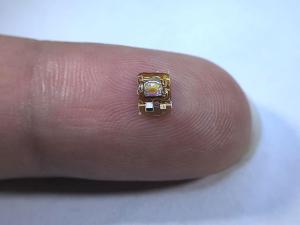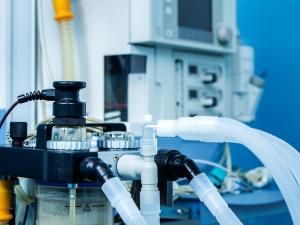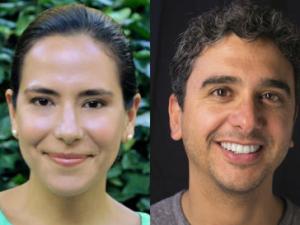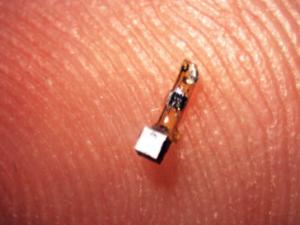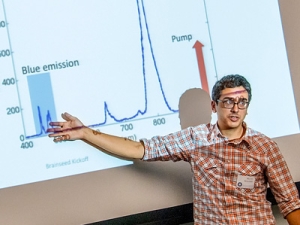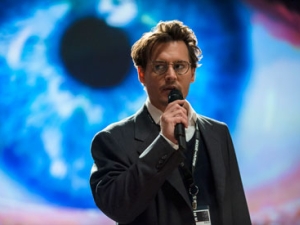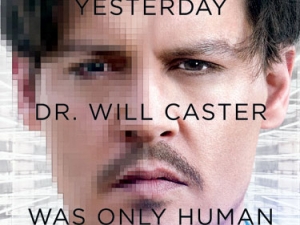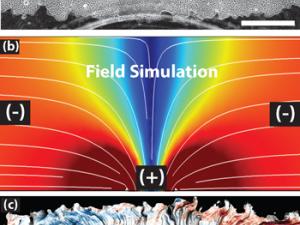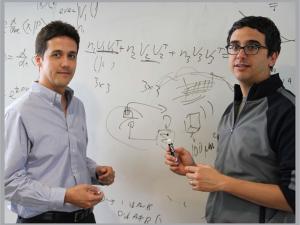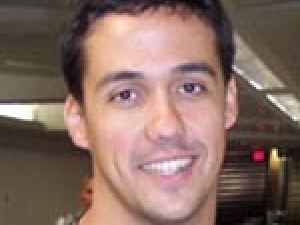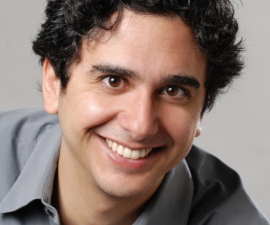

Research Bio
Michel M. Maharbiz is a Professor with the Department of Electrical Engineering and Computer Science at the University of California, Berkeley. His research focuses on the extreme miniaturization of technology focused on building synthetic interfaces to cells and organisms. He is known as one of the co-inventors of "neural dust", an ultrasonic interface for vanishingly small implants in the body. His group is also known for developing the world’s first remotely radio-controlled cyborg beetles. This was named one of the top ten emerging technologies of 2009 by MIT’s Technology Review (TR10) and was in Time Magazine’s Top 50 Inventions of 2009.
Prof. Maharbiz received his B.S. from Cornell University and his Ph.D. from the University of California, Berkeley under nanotechnologist Professor Roger T. Howe (EECS) and synthetic biologist Professor Jay D. Keasling (ChemE); his thesis work led to the foundation of Microreactor Technologies, Inc. which was acquired in 2009 by Pall Corporation.
He is a Senior Member of the IEEE (Engineering in Medicine and Biology Society) and a member of the Society for Neuroscience. Prof. Maharbiz is a recipient of the McKnight Foundation's Technological Innovations in Neuroscience Award (2017), a Chan-Zuckerberg (CZ) Biohub Investigator (2017), a Bakar Fellow (2014), recipient of a National Science Foundation CAREER Award (2009), a GE Scholar and an Intel IMAP Fellow. Michel’s long term goal is understanding developmental mechanisms as a way to engineer and fabricate machines.
Research Expertise and Interest
neural interfaces, bioMEMS, microsystems, MEMS, microsystems for the life sciences
In the News
Tiny wireless implant detects oxygen deep within the body
Controlling ventilators from a distance
CZ Biohub awards nearly $14.5 million to Berkeley researchers
Sprinkling of neural dust opens door to electroceuticals
UC Berkeley engineers have built the first dust-sized, wireless sensors that can be implanted in the body, bringing closer the day when a Fitbit-like device could monitor internal nerves, muscles or organs in real time.
Three Bay Area institutions join forces to seed transformative brain research
Two state-of-the-art research areas – nanotech and optogenetics – were the dominant theme last Thursday, Sept. 18, as six researchers from UC Berkeley, UC San Francisco and Lawrence Berkeley National Laboratory sketched out their teams’ bold plans to jump-start new brain research.
CNEP researchers target brain circuitry to treat intractable mental disorders
Neuroscientists, engineers and physicians are teaming up for an ambitious five-year, $26 million project to develop new techniques for tackling mental illness.
Neuroengineers bring science cred, Berkeley feel to ‘Transcendence’ film
When Hollywood knocked on the doors of UC Berkeley engineering professors Michel Maharbiz and Jose Carmena, the researchers answered. Director Wally Pfister tapped their expertise in neural engineering and brain-machine interfaces during the filming of his movie, “Transcendence,” which opens in theaters April 18.
Director Wally Pfister joins UC Berkeley neuroengineers to discuss the science behind ‘Transcendence’
“Transcendence” director Wally Pfister, Oscar®-winning cinematographer (“Inception”), will come to UC Berkeley, for a screening of exclusive film clips and audience Q&A.
Scientists ‘herd’ cells in new approach to tissue engineering
Researchers at UC Berkeley found that an electrical current can be used to orchestrate the flow of a group of cells, an achievement that could establish the basis for more controlled forms of tissue engineering and for potential applications such as “smart bandages”.
Mind Over Matter
It still sounds futuristic, but the time is approaching when people paralyzed by stroke or spinal cord injury will be able to regain the experience of movement. Neuroengineer Jose Carmena and bioengineer Michel Maharbiz have joined forces in a project supported by the Bakar Fellows Program to move this technology from the laboratory to the real world.
NSF awards $2 million to develop flexible bioelectronics systems
Engineers from the University of California, Berkeley, have been awarded a $2 million grant from the National Science Foundation to develop flexible bioelectronics systems to advance medical care.
Bakar Fellows advance commercially promising research
In its first year, the initiative will give research innovations by six early-career UC Berkeley faculty members — including technologies to move prosthetic limbs with the power of thought and to control Argentine ants using their own pheromones — a significant boost from the lab to the market.

